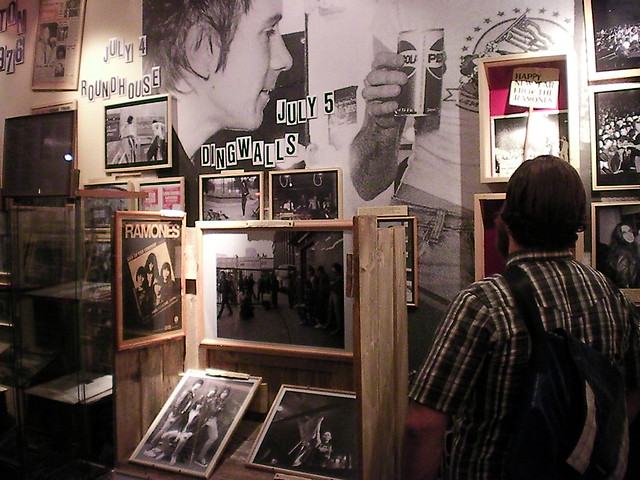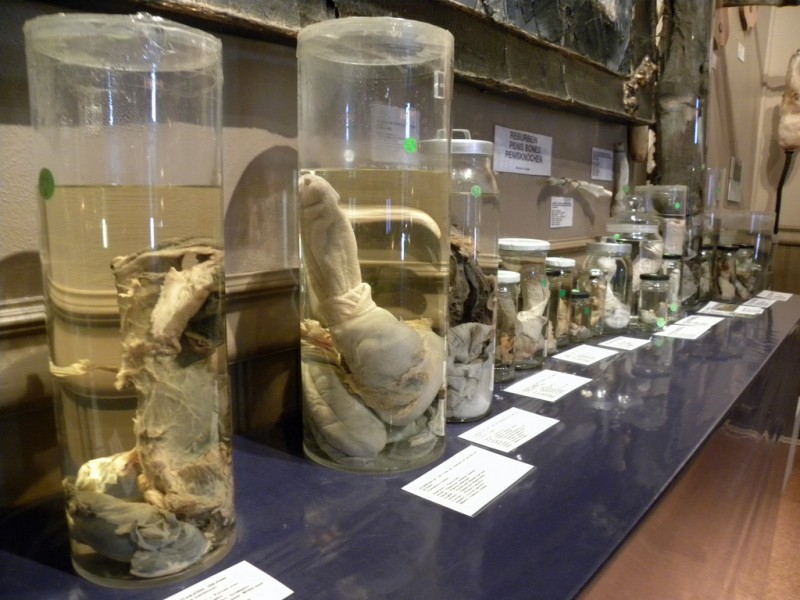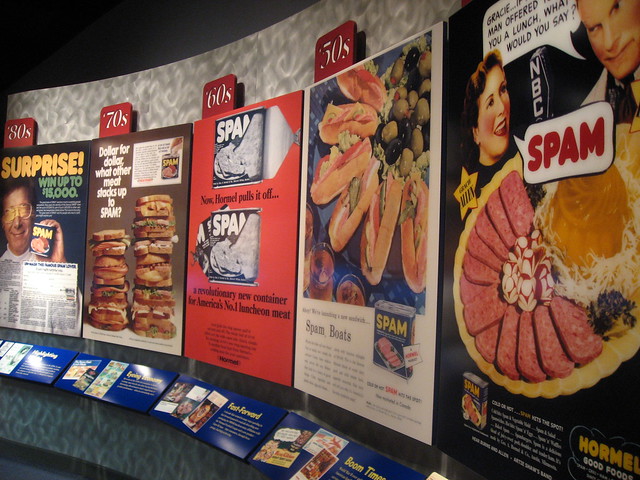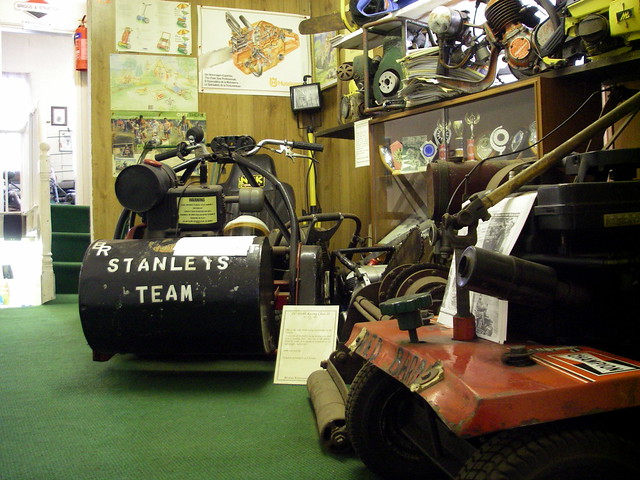On apologies: "Are we going to say sorry for our lack of customer service? Absolutely not."
On Ryanair's image: "One of the weaknesses of the company now is it is a bit cheap and cheerful and overly nasty, and that reflects my personality."
On environmentalists: “We want to annoy the ******* whenever we can. The best thing you can do with environmentalists is shoot them. These headbangers want to make air travel the preserve of the rich. They are luddites marching us back to the 18th century. If preserving the environment means stopping poor people flying so the rich can fly, then screw it.”
On turbulence: "If drink sales are falling off we get the pilots to engineer a bit of turbulence. That usually spikes up the drink sales."
On travel agents: "Screw the travel agents. Take the ******* out and shoot them. They are a waste of bloody time. What have they done for passengers over the years?"
On ordering aircraft from Boeing: “The message to Boeing today is: ‘You keep building them, we’ll keep buying them’, and together both of us will kick the crap out of Airbus in Europe. We love Boeing. **** the French.”
On transatlantic flights: "Ryanair will never fly the Atlantic route because one cannot get there in a Boeing 737, unless one has a very strong tail wind or passengers who can swim the last hour of the flight."
On the airline industry: "There's a lot of big egos in this industry. Most chief executives got into this business because they want to travel for a living. Not me, I want to work."
On European expansion: "Germans will crawl *******-naked over broken glass to get low fares."
On charging passengers to use the loo: "One thing we have looked at is maybe putting a coin slot on the toilet door so that people might actually have to spend a pound to spend a penny in the future. If someone wanted to pay £5 to go to the toilet I would carry them myself. I would wipe their bums for a fiver."
On upright seating: "I'd love to operate aircraft where we take out the back ten rows and put in hand rails. We'd say if you want to stand, it's five euros. People say 'Oh but the people standing may get killed if there's a crash'. Well, with respect, the people sitting down might get killed as well"
On the in-flight experience: "Anyone who thinks Ryanair flights are some sort of bastion of sanctity where you can contemplate your navel is wrong. We already bombard you with as many in-flight announcements and trolleys as we can. Anyone who looks like sleeping, we wake them up to sell them things."
On low fares: "I don't see why in 10 years' time you wouldn't fly people for free. Why don't airports pay us for delivering the passengers to their shops?"
If you can't find a low fare on Ryanair: "You're a moron."
On publicity: "I don't mind dressing up in something stupid or pulling gormless faces if it helps. Frankly, I don't give a rat's arse about my personal dignity."
On Ryanair passengers: "Do we carry rich people on our flights? Yes, I flew on one this morning and I'm very rich."
On BAA: "BAA want to spend £4 billion on an airport which should cost £100 million. £3.9 billion is for tree planting, new roadways and Norman Foster's Noddy railway so they can mortgage away the future of low-cost airlines. This plan is for the birds. BAA are a glorified shopping mall."
On breaking up BAA: "A break-up of BAA would be the greatest thing that has happened to British aviation since the founding of Ryanair. Then airline customers would not be forced to endure the black hole of Calcutta that is Heathrow or the unnecessary, overpriced palace being planned at Stansted."
On new routes: "Sometimes there is not even a road to the airports we fly to. It is immaterial."
On expansion: "We would like to base more aircraft here in Belfast and are working with the City Airport to get the runway extended. Let's get the planning permission through and let's ignore the mewling and puking from local residents which is a load of nonsense. If you don't like living beside an airport, sell the house and move."
On flying to Cornwall: "Newquay is the surf and dope capital of Britain. There's next to frig-all way of getting to Cornwall unless you fly. It's a ******* impossible nine-day hike. Closing that airport would be a disaster for surfer dudes, but also to loads of wealthy types who use us to commute up and down. I tell you, we'll have a bloody dogfight with the RAF. Watch out for those 737s on your wing, flyboys!"
On pilot's wages: "People ask how we can have such low fares. I tell them our pilots work for nothing."
On his popularity: "I don't give a ***** if no-one likes me. I am not a cloud bunny, I am not an aerosexual. I don't like aeroplanes. I never wanted to be a pilot like those other platoons of goons who populate the airline industry."
On paternity leave: "We have paternity leave but it's a bloody joke. It is bull**** legislation. You need a couple of days off because you've had a baby, but this nonsensical rubbish that you're entitled to days off for the first six years of a baby's life. Go and get a bloody job - get a life."
On Ireland: "The airline industry is full of bull*******, liars and drunks and we excel at all three in Ireland."
On retirement: "It would be very difficult for me to don a tie and go on to committees. Could you imagine me getting a knighthood? Puke. The weakness of British Airways is that everyone is looking for a knighthood. I plan to go on and on, like Chairman Mao."
On free speech: "I upset a lot of people because I tell them what I think. I'm disrespectful towards what is perceived to be authority. Like, I think the Prime Minister of Ireland is a gob*****."
On politics: "I think the most influential person in Europe in the last 20 to 30 years has been Margaret Thatcher, who has left a lasting legacy that has driven us towards lower taxes and greater efficiency. Without her we'd all be living in some French bloody unemployed republic."
On the European Commission: "They are ******* Kim Il-Jungs (sic) in the Commission. You cannot have civil servants trying to design rules that make everything a level playing field. That's called North ******* Korea, and everybody is starving there. The EU are pursuing some form of communist ******* Valhalla."
On EU Commissioner Neelie Kroes's approval of an Alitalia/Air One merger: "She''ll be rolling over like a poodle having her tummy tickled and rubber-stamping the thing."
On how to keep employees motivated and happy: "Fear."
On British Airways: "BA have got waterfalls in their head office. The first thing I'd do if I were in charge of BA is turn off the waterfalls. The only time we have waterfalls in the Ryanair office is when the toilet leaks."
On the British Airways/Iberia merger: "It reminds me of two drunks leaning on each other."
On Ryanair's pilots: "If this is such a Siberian salt mine and I am such an ogre, then why are they still working for the airline? If any of our fellas aren't happy with the current arrangement then they're free to go elsewhere. Godspeed to them."
On Aer Lingus's pilots: "Overpaid, underworked peacocks"
On employees: "MBA students come out with: "My staff is my most important asset." Bull****. Staff is usually your biggest cost. We all employ some lazy ******* who needs a kick up the backside, but no one can bring themselves to admit it."
On cost-cutting: "We use our own biros and I tell the staff not to buy them, just pick them up from hotels, legal offices, wherever. That's what I do. Recently I did an interview and I was sitting there with a hotel pen I'd nicked from somewhere. I was asked why and I said: 'We at Ryanair have a policy of stealing hotel pens. We won't pay for Bic biros as part of our obsession with low costs."
On Sir Stelios Haji-Ioannou, founder of easyJet: "Those of us who sell the lowest fares just get on with it, and those who do not, write whingeing letters to newspapers."
On intelligence: "easyJet are not the brightest sandwiches in the picnic basket."
On Southwest Airlines: "We went to look at Southwest Airlines in the US. It was like the road to Damascus. This was the way to make Ryanair work. I met with Herb Kelleher. I passed out about midnight, and when I woke up again at about 3am Kelleher was still there, the *******, pouring himself another bourbon. I thought I'd pick his brains and come away with the Holy Grail. The next day I couldn't remember a thing."
On Alitalia: "I would not want it if it were given to me as a present."
To the boss of regional airline Aer Arann: "**** off back to Connemara where you come from!"
On offering advice to other airlines' bosses: "They can **** off and do their own work"
On air marshals: “Air marshals are a complete waste of time. I can’t think of anything that would reduce security more than having a guy on board with a gun.”
On a bomb scare in Scotland: “The police force were outstanding in their field. But all they did was stand in their field. They kept passengers on board while they played with a suspect package for two and three quarter hours. Extraordinary.”
On closing Ryanair's check-in desks: "This isn't the end of civilization as we know it."
For the full story and lots of silly pictures of Michael O'Leary see the Telegraph post

















